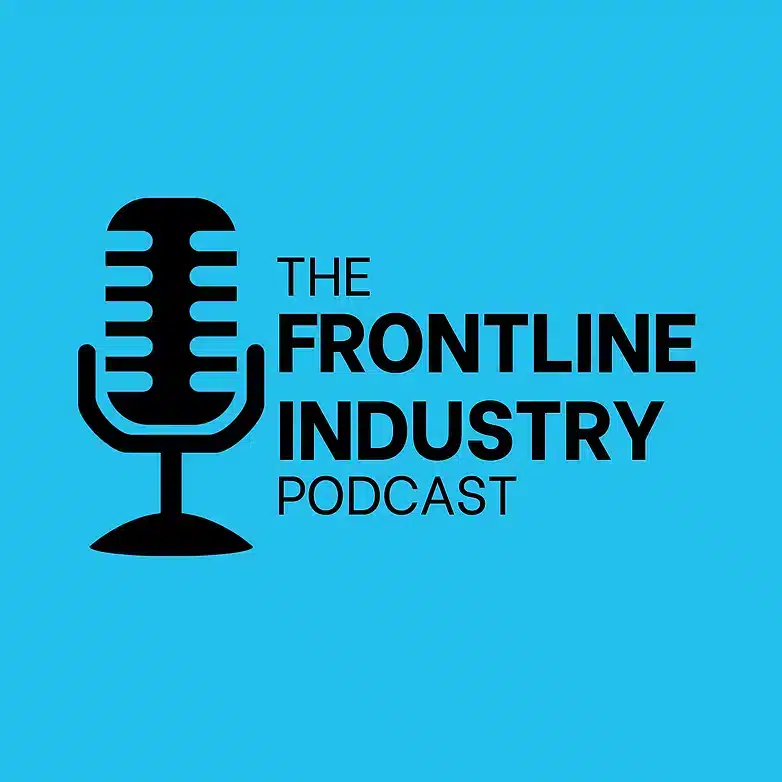Greece – June 2021.
My wife and I were in Athens for a several-day trip, prior to heading over to Santorini to finish up a lengthy and well-needed vacation. We had wandered the city on foot for the last couple days and wanted to order food to the hotel and eat from our room while watching some Netflix. We ordered our local Greek cuisine and waited for its arrival.
25 minutes later our food was delivered. Frustratingly, there was no silverware, and since I was already in my bathrobe, all ready for bed, I got dressed and went to the front desk to ask for a couple forks.
Simple enough request from a 5-star hotel. Or so I thought.
30 minutes later two forks finally made their way to my room. Our hot food was already cold and our frozen ice cream treat was already melted to the point of liquidity. My wife and I were extremely hungry and very annoyed. We begrudgingly ate our cold food with our newly acquired forks and went to bed.
Now, in isolation, while annoying, you might consider that to be a small issue. But anyone in the service industry knows, that is a situation that immediately leads to negativity associated with the hotel and brand. Quite literally, the customer expects virtual or actual perfection from their stay, and like it or not, that issue alone is enough that I won’t likely recommend that hotel to anyone in my network, while I could wax poetic about my incredible experience at another 5-star hotel in Santorini that was superb in every way.
That’s probably tens of thousands in revenue from my friends and acquaintances that they will never receive.
Quite the costly fork incident.
But actually, it’s not about the fork. This story highlights the considerable communication gap that exists across the service industry as a whole. Frontline workers are not given the communications tools to rapidly solve customer problems, escalate issues to the right people, and cross-departmentally collaborate to ensure great customer experience.
Additionally, most frontline workers don’t have the intrinsic motivation to take the initiative to ensure a great customer experience. It’s not because they are bad employees, which is a common misconception. I’ve argued this until I’m blue in the face with many senior executives. And honestly, the argument is understandable.
It’s because leadership haven’t provided them the right company culture, and they know it. They just don’t know what to do about it, and its embarrassing.
Every day, frontline workers lack insight into an inspiring company purpose and how they can individually “win” at delivering results that matter against that purpose. They don’t feel safe in the workplace and keep to themselves, relationally stifled and alone. They aren’t vulnerable and willing to risk anything that might get them in trouble by doing something beyond the minimum expectations.
They don’t have the individual autonomy to take initiative because there’s nothing in it for them due to a lack of recognition and reward. And too many barriers to their success exist in the workplace that they could solve if leadership empowered them, yet often their ideas have been stifled by middle management so they “stay in their lane”, keeping their heads down to do their work and quietly go home.
From the bold and italicized words above, you can see the five critical elements needed in a strong frontline worker culture: Purpose, safety, vulnerability, autonomy, and a barrier-free workplace. If most companies were honest about the state of their frontline staff culture, those five elements would be lacking to significant degrees.
But it doesn’t have to be that way.
Reach out to Unisyn today to learn about how world-class huddles can create the vibrant culture that frontline staff can thrive within, leading to great customer experience at all your locations. We cannot keep doing what we are doing now and expect different results. We must step up and digitally enable our frontline staff, and provide them the daily structures, behaviors, and routines within which they can operate at their best to be successful.
If you’re curious what those are, look no further. Reach out today.



